15 Solid Reasons Why You Should Reconsider Donating to Goodwill
Dropping off a few bags at Goodwill feels like the responsible thing to do. It’s quick and convenient, and you assume your donations will end up in the right hands. But the full story isn’t always posted on the donation bin. The way items are handled, priced, or distributed doesn’t always match what donors expect. A little digging can change how you think about where your stuff should go.
Here are 15 reasons you might want to rethink your next Goodwill donation.
Some Executives Are Paid Like CEOs
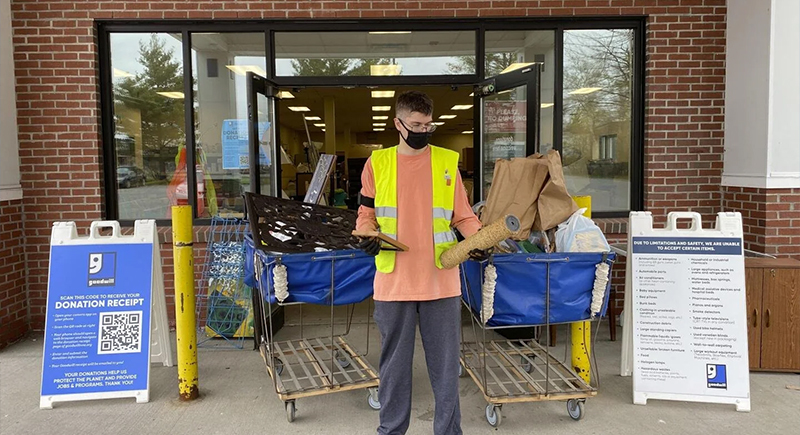
Credit: Reddit
Goodwill is a nonprofit, but that doesn’t mean its top brass are clipping coupons. Some executives earn salaries well into the six figures, with one case involving a $1 million embezzlement scandal. While not every location has this issue, the money trail isn’t always inspiring. If the goal is to support charitable work, it’s worth checking whether the leadership compensation reflects that mission.
Subminimum Wages Still Exist
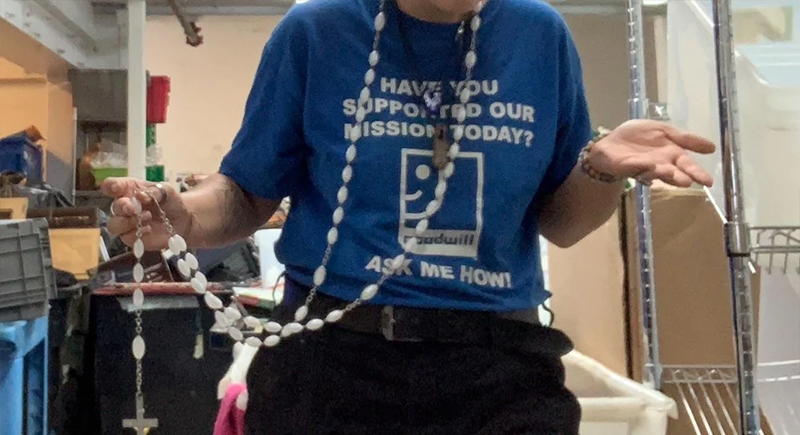
Credit: Reddit
Under a decades-old legal exemption, Goodwill can legally pay some workers with disabilities less than minimum wage. This policy comes from the Fair Labor Standards Act of 1938. While it’s technically allowed, many advocates argue it’s outdated and unfair. Around 7,300 of Goodwill’s employees fall under this exemption. For those hoping to support inclusive and equitable employment, this might be a dealbreaker.
Local Giving Isn’t Always Local
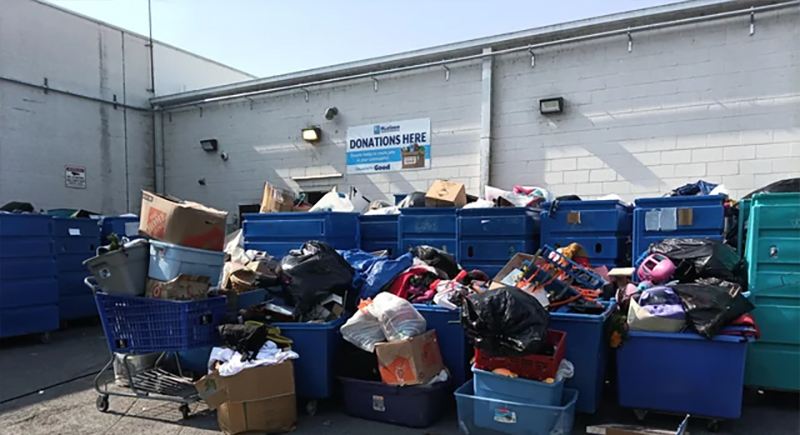
Credit: Reddit
That sweater you dropped off might not stay in town. Goodwill regularly ships donations to regional hubs or resells them in far-off locations, sometimes even overseas. While the system helps streamline operations, it disconnects your gift from your community. Local shelters and smaller nonprofits, on the other hand, usually keep donations nearby.
Many Donations Never Make It to the Sales Floor
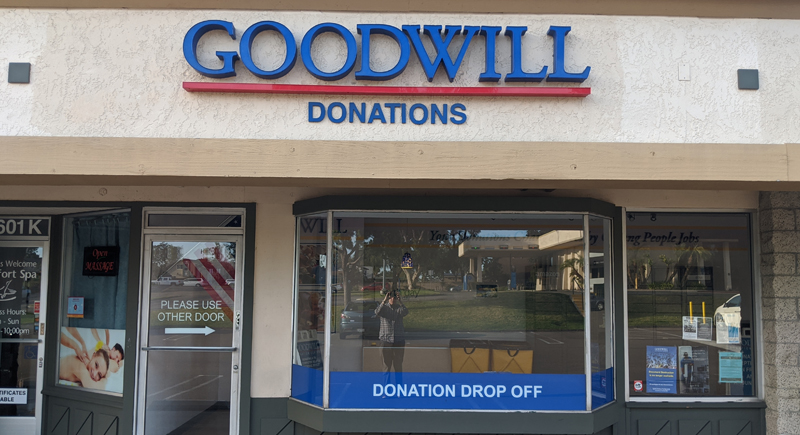
Credit: Wikimedia Commons
When drop-off bins overflow or staff can’t keep up, items get exposed to rain, heat, or careless handling. Once damaged, they’re considered unsellable and tossed. Goodwill already sends about 5% of all donations to landfills, according to The Huffington Post, but that figure doesn’t account for what’s ruined by chaos at busy donation centers.
Price Tags Can Be Shockingly High
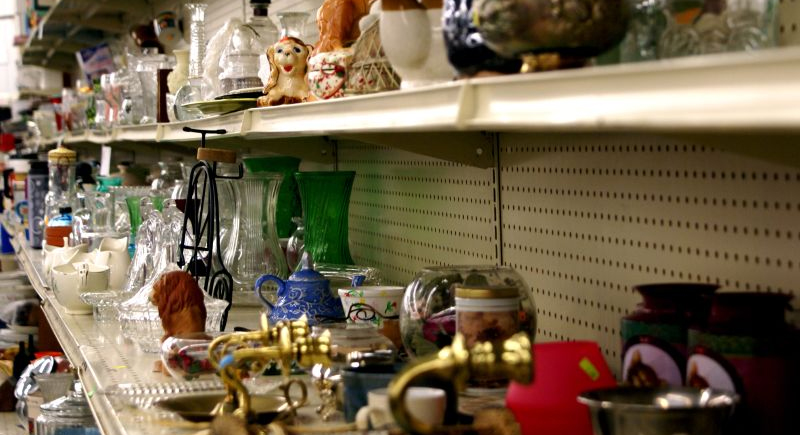
Credit: Wikimedia Commons
Thrift stores used to mean bargains. However, in many Goodwill locations, donated items are priced higher than shoppers expect. If affordability is the goal, these inflated prices miss the mark. Some reports show secondhand goods being marked up beyond what you’d find at discount retailers like Walmart or Target. That makes it harder for low-income families to stretch their dollars.
Not All Items Are Accepted
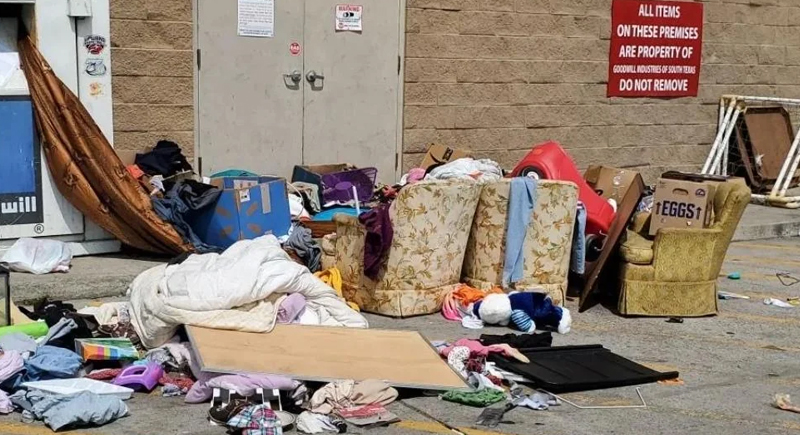
Credit: Reddit
Donating a working printer or gently used crib? It still might be turned away. Goodwill has strict guidelines on what they will take. Anything too bulky, outdated, or potentially hazardous, like mattresses or baby gear, could be rejected. When that happens, the burden of disposal is still yours.
Smaller Charities Lose Out
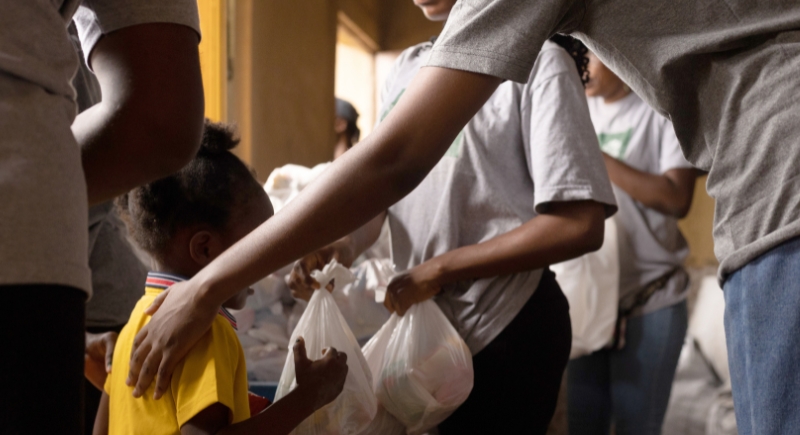
Credit: Canva
Every bag of clothes that goes to Goodwill is one less for a neighborhood nonprofit. Local shelters, school programs, and religious organizations often rely on community donations. When Goodwill dominates the donation scene, it can crowd out these smaller players, many of which operate with tighter budgets and serve specific populations more directly.
Goodwill Isn’t a One-Size-Fits-All Charity
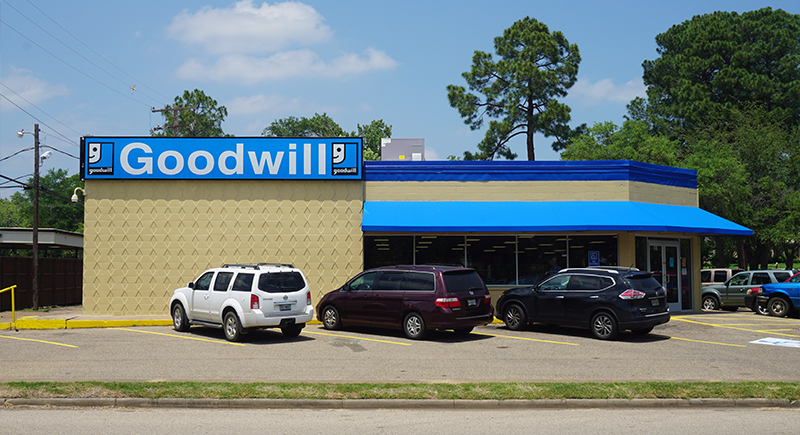
Credit: Wikimedia Commons
Unlike programs tailored to certain groups, like Dress for Success for job seekers or local foster care closets for children, Goodwill takes a generalist approach. That means your business attire may sit beside golf polos, with no guarantee that it goes to someone prepping for an interview. Donating to targeted programs helps your items find their ideal second life.
Goodwill Stores Can Contribute to Gentrification

Credit: Canva
Believe it or not, new Goodwill stores can increase property values and attract chain businesses, especially in lower-income neighborhoods. Some critics argue this shift can accelerate gentrification. While it’s not a direct cause, it’s a factor worth thinking about when deciding where to direct your donations.
You Don’t Always Know What You’re Supporting
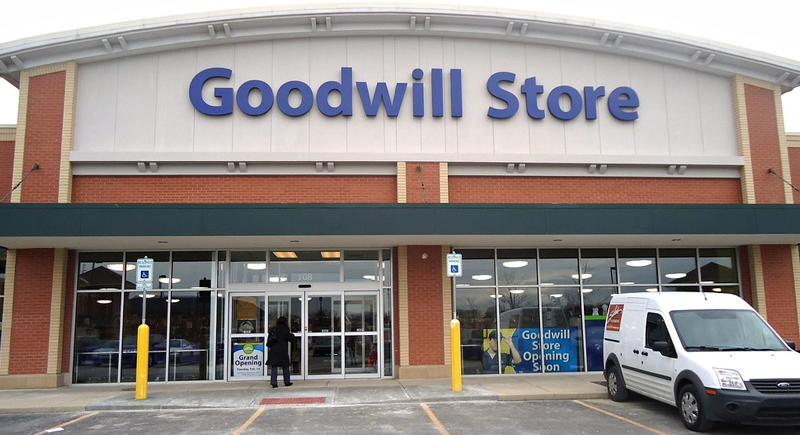
Credit: flickr
Every Goodwill branch is independently managed, meaning donation handling, employee wages, and program funding can vary wildly. One location might invest in local job training, while another runs more like a retail outlet. Donors are left guessing how their stuff and the money it generates are actually being used.
Giving Feels Better When It’s Personal
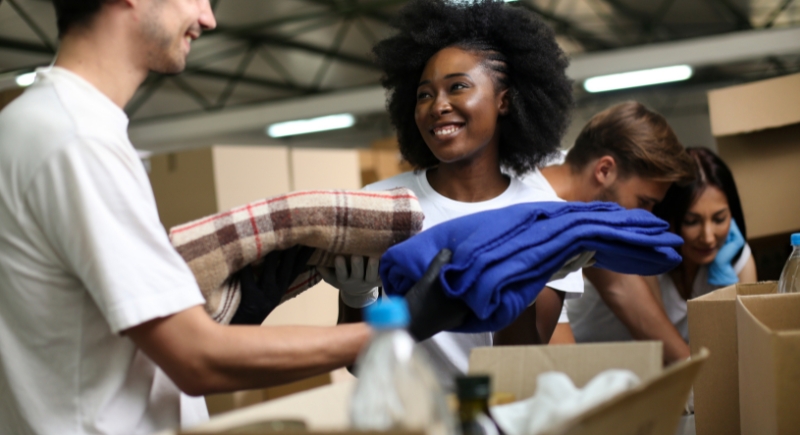
Credit: Getty Images
Apps like Freecycle, Nextdoor, and Buy Nothing make it easy to give things directly to people in your neighborhood. Watching someone pick up your old blender because they actually need it feels more satisfying than wondering if it’ll end up in a bin. Peer-to-peer giving builds community and skips the middleman.
That Tax Deduction Might Not Be Worth It

Credit: Getty Images
Donating for the write-off? Goodwill often values items at rock-bottom resale prices, so your tax deduction may be lower than expected. Other charities might allow you to estimate fair market value more accurately, especially for higher-end donations. When tax time rolls around, that can make a noticeable difference.
Your Donation Might Be Sold by the Pound
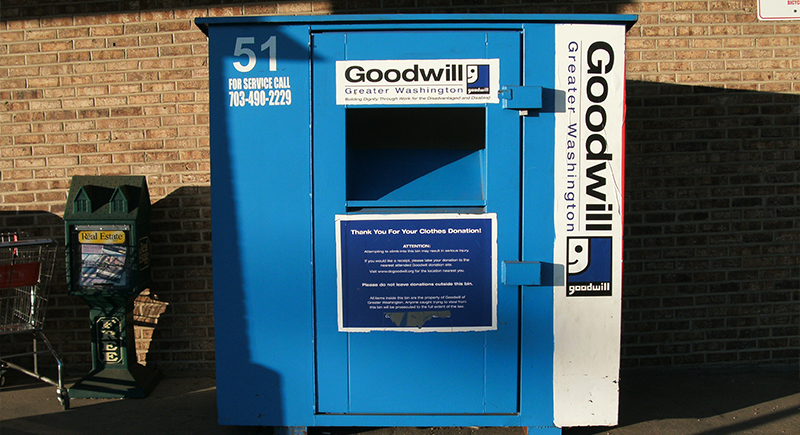
Credit: Wikimedia Commons
Not everything makes it to a shelf. Items that don’t sell fast or seem unprofitable can be bundled and sold in bulk at Goodwill outlet stores or auctioned by the pound. Sometimes these lots go to textile recyclers or resellers overseas. It’s a far cry from the “help your neighbor” image most donors have in mind. If you’re aiming for thoughtful reuse, a specialty charity might offer more intention.
Concerns Over Labor Practices and Workplace Culture
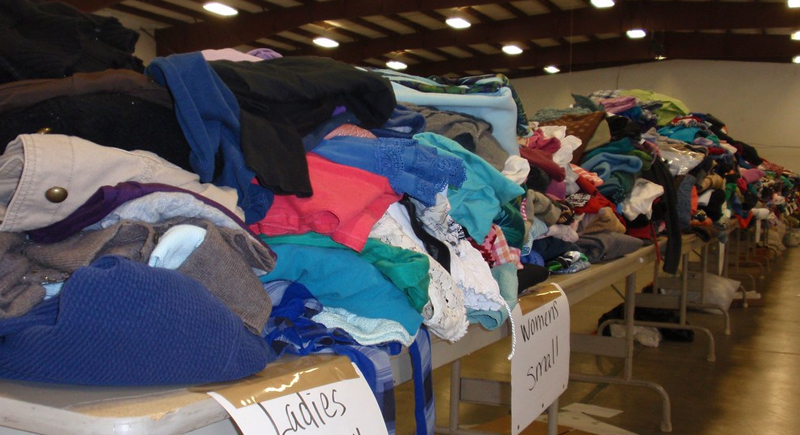
Credit: flickr
Beyond just the subminimum wage exemption, Goodwill has faced criticism over its workplace culture, including reports of high turnover, limited employee benefits, and inconsistent safety standards. For donors who want their contributions supporting fair labor, these concerns can be off-putting compared to organizations with stronger workplace reputations.